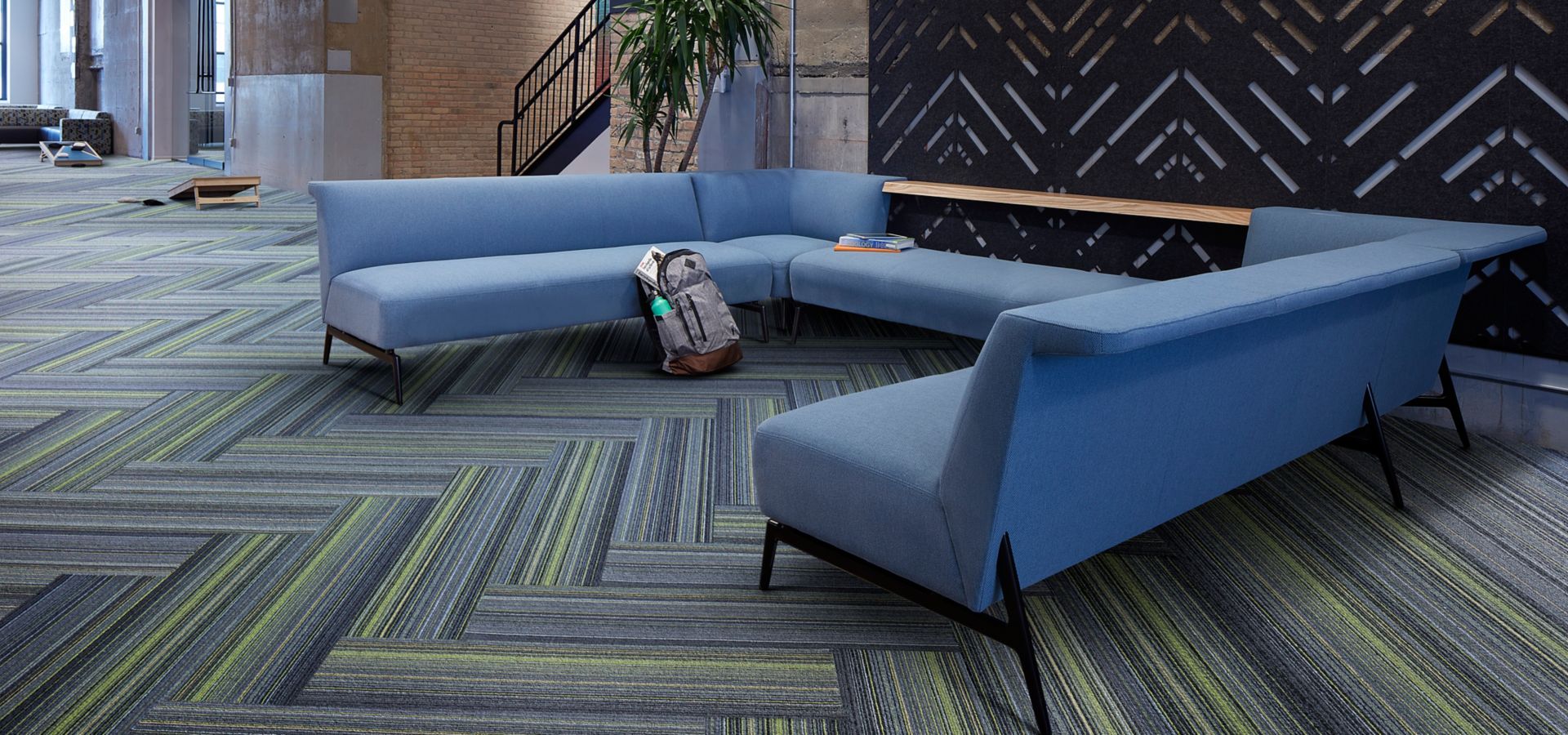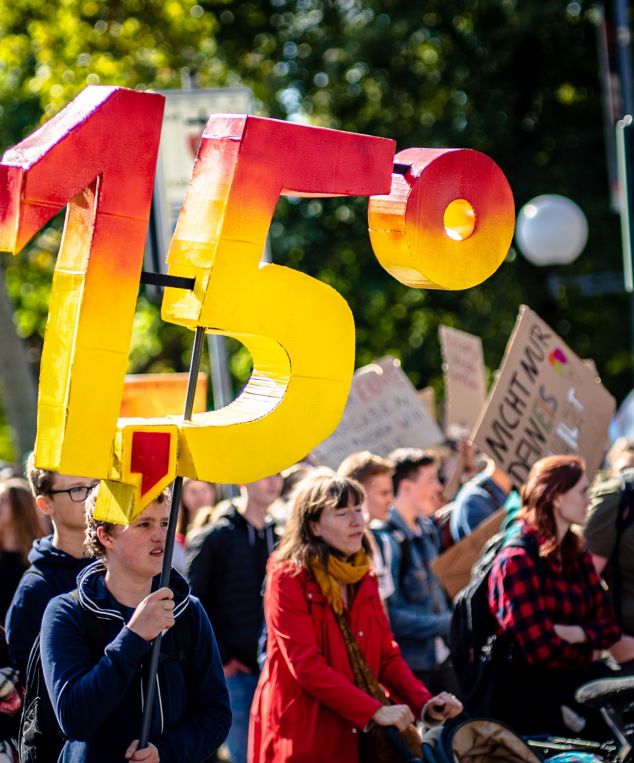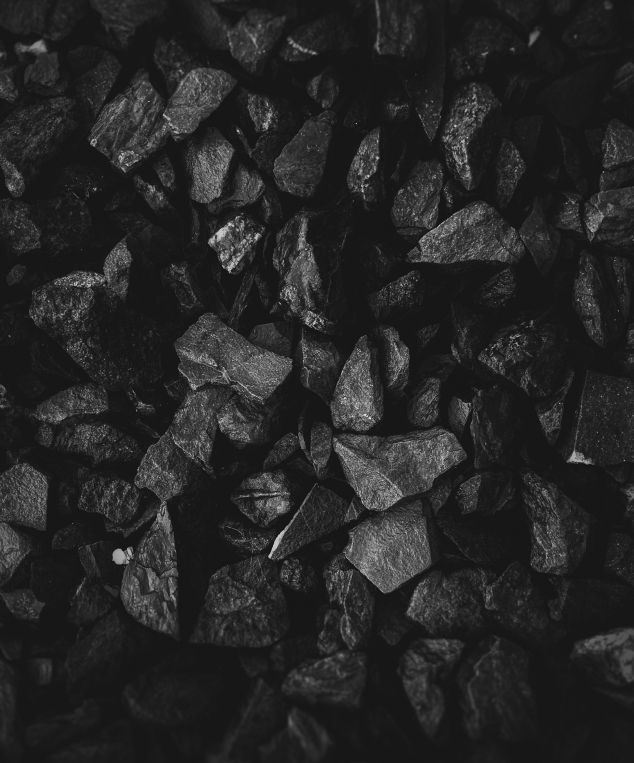Select a Location
It’s flooring—and then some. Made for More.
Creating a Climate Fit for Life
With our Climate Take Back mission, we aim to overcome the biggest challenge facing humanity and reverse global warming. It’s no longer enough to limit the damage we do, but we need to move toward reversing it. We want to restore our planet and leave a positive impact.
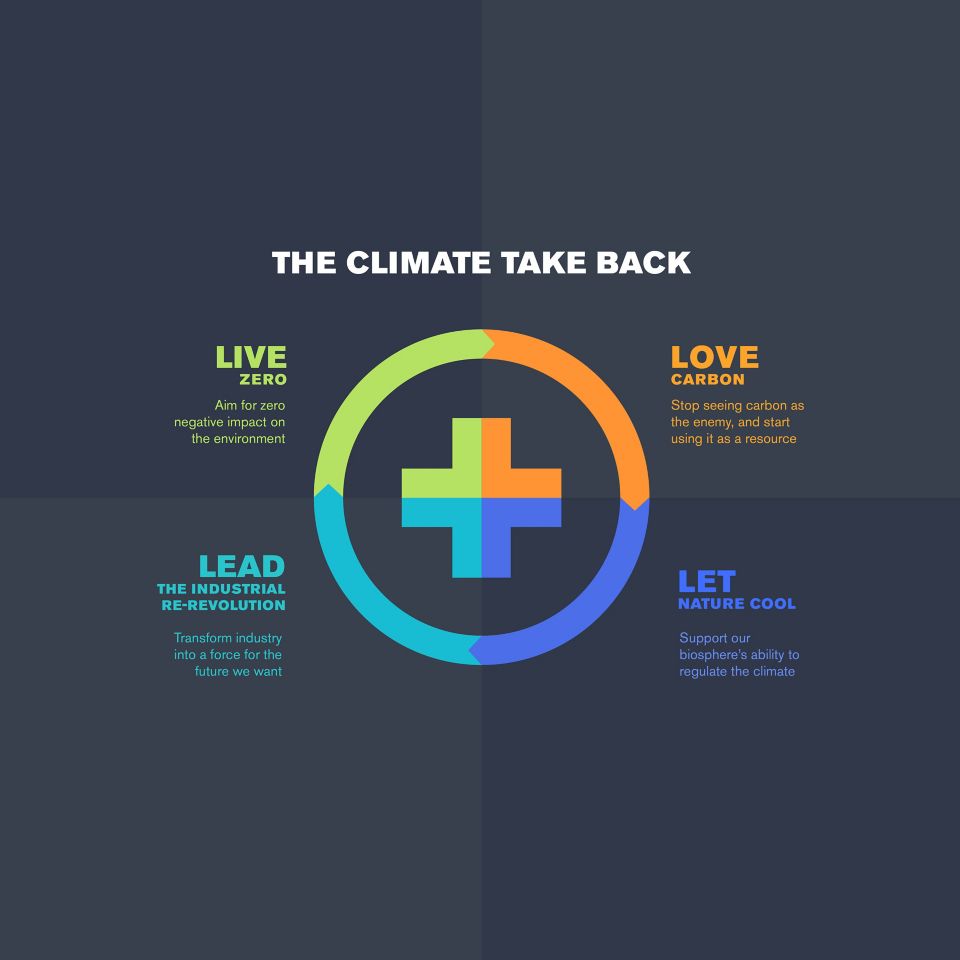
The Climate Take Back Mission
We believe it’s possible to reverse global warming. Scientific research has already demonstrated how to reach safe climate limits sooner; through radical decarbonisation. We need to remove carbon from our atmosphere and protect natural carbon sinks. Then, encourage others to act.
Influenced by this thinking, are the four areas of our Climate Take Back strategy; Live Zero, Love Carbon, Let Nature Cool and Lead the Industrial Re-Revolution. These are the foundation of our mission and form our business plan that will take Climate Take Back from vision to reality.
How can we create a climate fit for life?
The first step on the path to reversing global warming is changing our mindsets. Many solutions do exist and others are rapidly appearing. We believe we can reverse global warming if we focus on four key areas:
Live Zero
Aim for zero negative impact on the environment. For Interface, this was Mission Zero®, our first sustainability mission.
Image ©Christopher Payne Esto
Love Carbon
It’s time to stop seeing carbon as the enemy and start seeing it as a resource. We must help this building block of life do the job nature intended. At Interface, we are transitioning to raw materials that use waste carbon or sequester carbon to make our products.
Image ©Christopher Payne Esto
Lead Industrial Re-Revolution
There’s no doubt industry has been a force for human progress. But the unintended environmental consequences of industrialization have been severe. What’s needed now is industry that works with nature, not against it, and creates new business models to drive positive change.
Image ©Christopher Payne Esto
Let Nature Cool
Nature has the power to regulate the climate, but only if humanity doesn’t get in the way. Right now we're interfering with the Earth's systems by polluting our air with excess carbon and undermining the planet’s ability to regulate the climate. We need to change our business practices and allow nature to do its job: store carbon to keep the planet cool. Interface is exploring new practices that allow our factories to run like ecosystems. Our pilot program, Factory As A Forest, aims to build an operational standard for facilities to create positive impacts and it uses nature as the benchmark.
Image ©Christopher Payne Esto
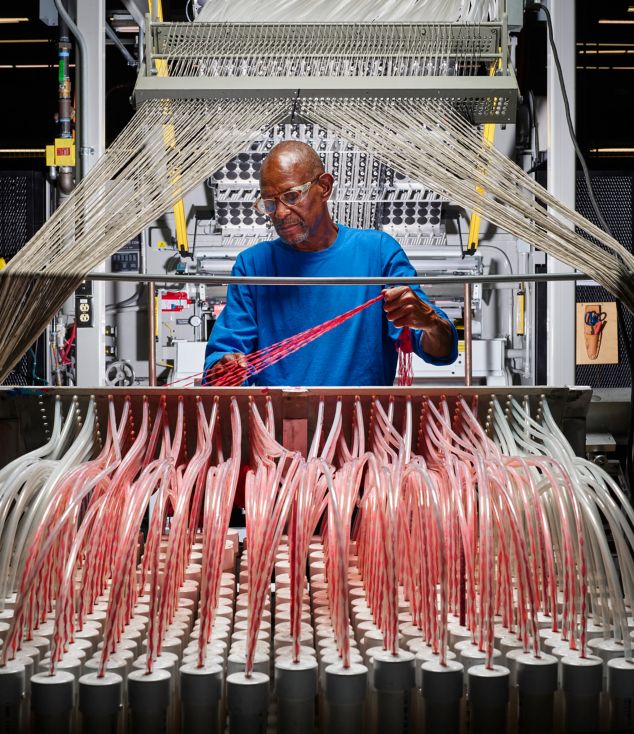
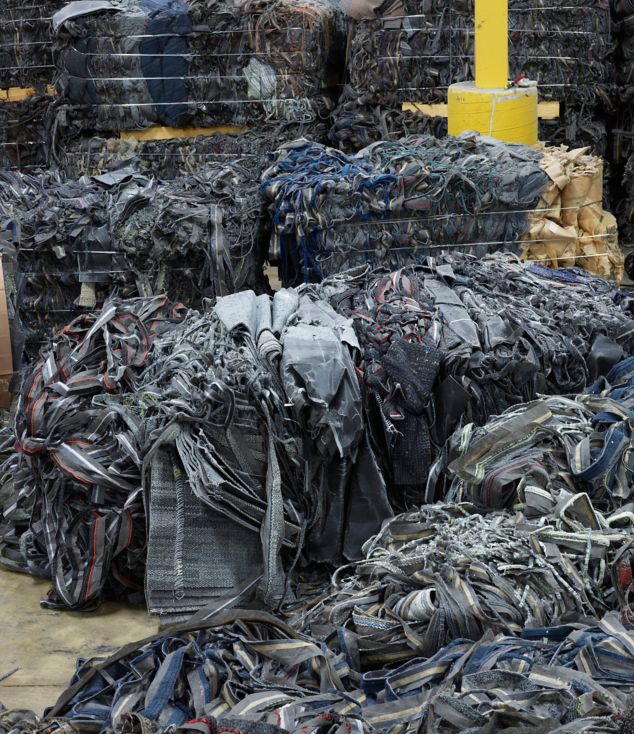

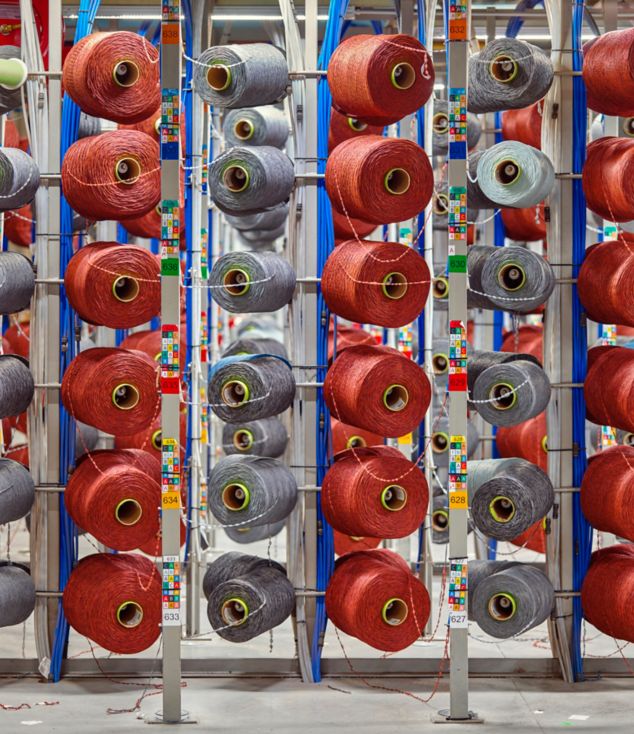

Live Zero
Aim for zero negative impact on the environment. For Interface, this was Mission Zero®, our first sustainability mission.
Image ©Christopher Payne Esto

Love Carbon
It’s time to stop seeing carbon as the enemy and start seeing it as a resource. We must help this building block of life do the job nature intended. At Interface, we are transitioning to raw materials that use waste carbon or sequester carbon to make our products.
Image ©Christopher Payne Esto

Lead Industrial Re-Revolution
There’s no doubt industry has been a force for human progress. But the unintended environmental consequences of industrialization have been severe. What’s needed now is industry that works with nature, not against it, and creates new business models to drive positive change.
Image ©Christopher Payne Esto

Let Nature Cool
Nature has the power to regulate the climate, but only if humanity doesn’t get in the way. Right now we're interfering with the Earth's systems by polluting our air with excess carbon and undermining the planet’s ability to regulate the climate. We need to change our business practices and allow nature to do its job: store carbon to keep the planet cool. Interface is exploring new practices that allow our factories to run like ecosystems. Our pilot program, Factory As A Forest, aims to build an operational standard for facilities to create positive impacts and it uses nature as the benchmark.
Image ©Christopher Payne Esto

Sharing is Power
The fourth part of our Climate Take Back plan involves influencing, collaborating, and learning from other leaders. Here are our thoughts.
An Independent Film
Beyond Zero
After a life-changing epiphany in 1994, Interface CEO Ray Anderson embarks on a high-stakes quest to eliminate all negative environmental impacts Interface has on the environment by 2020. To succeed, the company overcame deep scepticism, abandoned the status quo, and ignited a new industrial revolution. The writer and director of Beyond Zero, Nathan Harvey, also founded 100 Months to Change, a coalition of changemakers helping the business world maximize performance for a socially and environmentally sustainable world.
Seeing is Believing
The conversation on carbon is changing. Organisations and leaders are waking up to the fact that carbon can be a positive. Watch to understand how to rethink carbon. See how we’re changing minds on carbon and what that means for our company and our products.

The Ray C. Anderson Foundation
During his time at Interface, Ray Anderson championed the notion of businesses doing well by doing good. The Ray C. Anderson Foundation aims to continue the legacy our founder left behind. Through research and funding, the foundation is helping create a better world for future generations.
